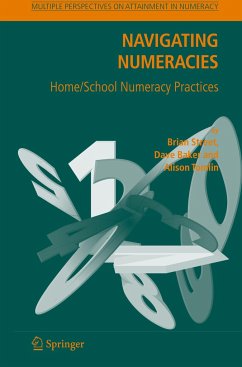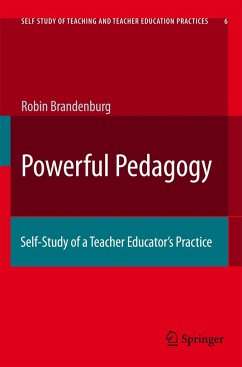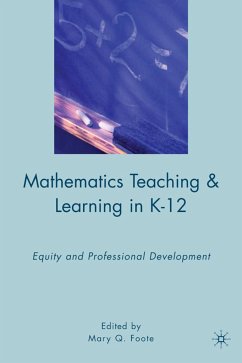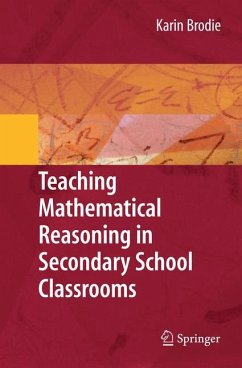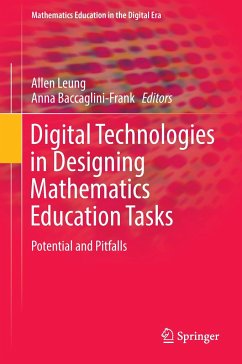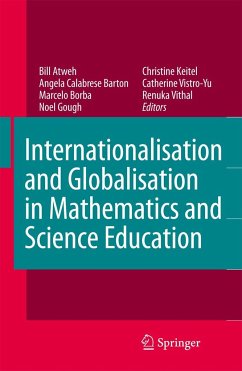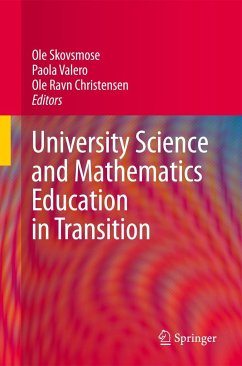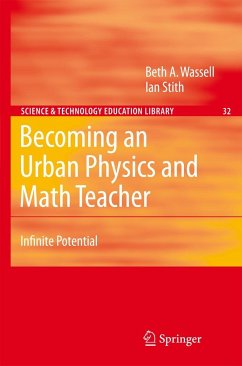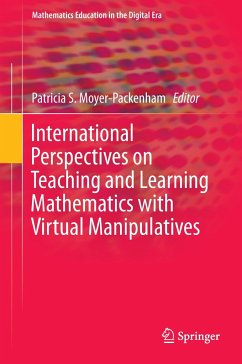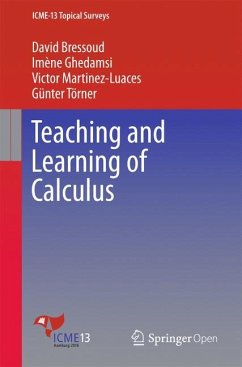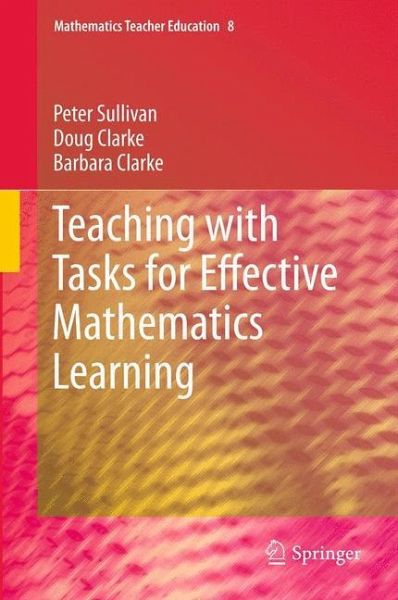
Teaching with Tasks for Effective Mathematics Learning
Versandkostenfrei!
Versandfertig in 6-10 Tagen
68,99 €
inkl. MwSt.
Weitere Ausgaben:

PAYBACK Punkte
34 °P sammeln!
This book is about how teachers can use classroom mathematics tasks to support student learning, and presents data on the ways in which teachers used those tasks in a particular research project. It is the product of research findings focusing on teacher practice, teacher learning and knowledge, and student learning. It demonstrates how teachers can use mathematics tasks to promote effective student learning.





